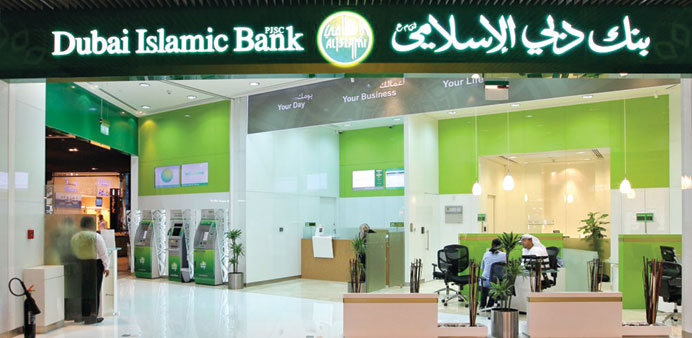Dubai Islamic Bank’s $1bn perpetual notes sold in January are the Gulf Cooperation Council’s best performing Shariah-compliant bonds in 2015, returning investors triple the average gain through May 20
Bloomberg/Dubai
The worst start to a year since 2011 for Gulf sukuk sales isn’t deterring the UAE’s oldest Shariah-compliant bank from tapping the market for the second time in four months.
Dubai Islamic Bank’s $1bn perpetual notes sold in January are the Gulf Cooperation Council’s best performing Shariah-compliant bonds in 2015, returning investors triple the average gain through May 20. A fresh issue from the lender would cement its status as the top borrower in the region after sales plunged 63% from a year ago.
“Dubai Islamic has been ahead of the field in terms of raising capital at a competitive funding cost,” Sanyalaksna Manibhandu, the head of research at NBAD Securities, the brokerage of the country’s biggest bank, said by phone from Abu Dhabi yesterday. The bank expanded faster “than other lenders in the UAE in 2014 and will likely do so again in 2015. All of that requires capital,” he said.
Dubai Islamic’s return to the bond market will be a tonic for buyers of Shariah-compliant debt, who have faced a shortage of investment options as sales in the GCC dropped to $3bn. Lending growth at the UAE’s biggest Islamic bank, which is almost 30% owned by the Dubai government, was about five- times the national average in the first quarter after the bank extended credit to new sectors.
Dubai Islamic’s loans expanded 11% in the period, compared with a UAE industry average of 2.3%, according to data compiled by Bloomberg. Segments including education, hospitality and health care helped spur the growth, chief executive officer Adnan Chilwan said on a conference call in April.
The yield on the bank’s sukuk due in 2017 dropped 44 basis points this year to 2.16% on May 20. That compares to an eight basis-point increase to 4.4% for the average yield of Middle East sukuk, according to JPMorgan Chase & Co indexes.
“This issue would probably price at around the low 3%, high 2% level,” Ahmed Shehada, the head of advisory and institutions at NBAD Securities, said yesterday.
Some investors hoping for a slice of the issue may be disappointed. The bonds will probably go mostly to institutional investors, Shehada said, which typically hold debt to maturity.
Dubai Islamic mandated First Gulf Bank, HSBC Holdings, Maybank, National Bank of Abu Dhabi, Standard Chartered and itself to arrange the benchmark senior sukuk sale, according to a company statement to Nasdaq Dubai on May 18.
The notes will be well received, Abdul K Hussain, the Dubai-based chief executive officer of Mashreq Capital DIFC, which runs the best-performing Islamic fixed-income fund in the Middle East and Africa this year, said by phone yesterday.
“From an investor perspective, you haven’t had an overflow of supply,” he said.

